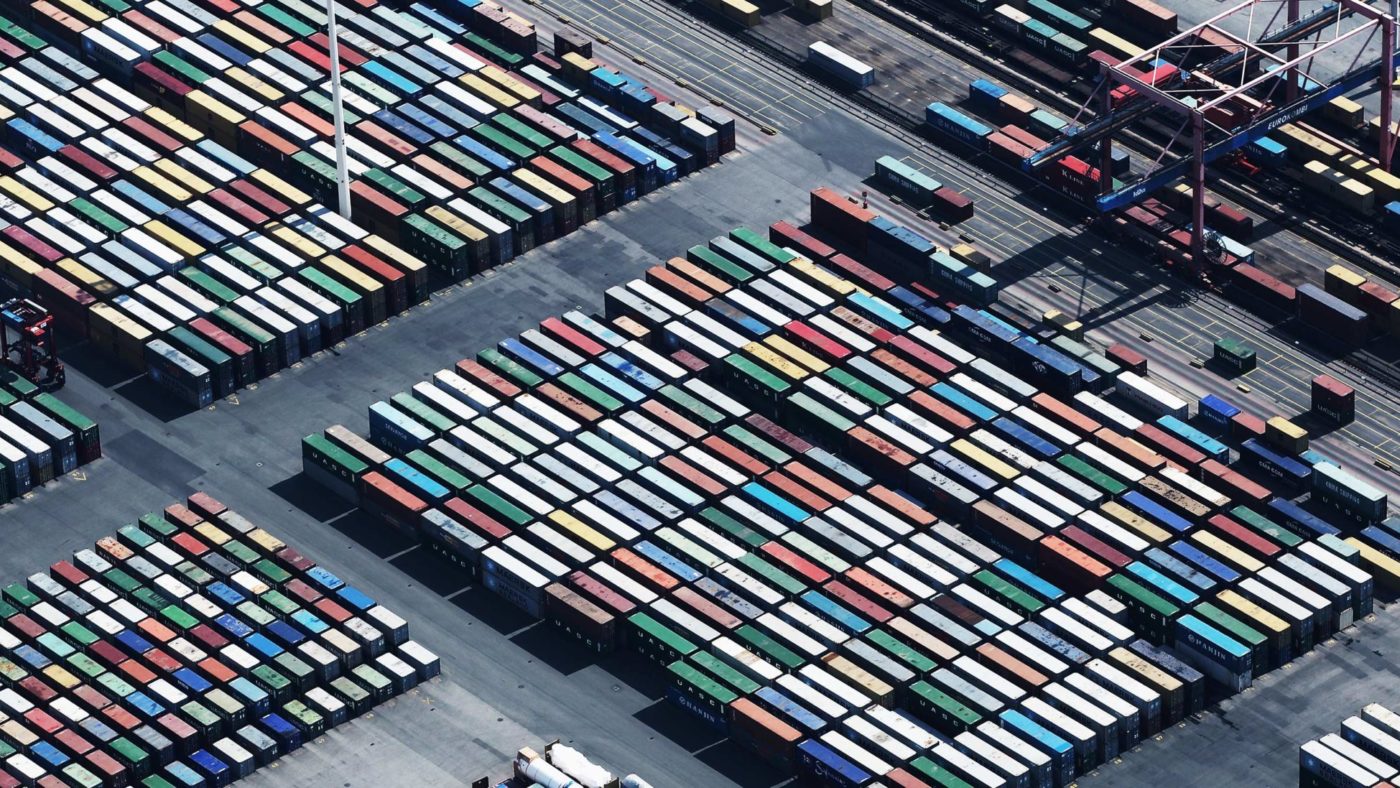Restoring the ability to set our own trade policy and thereby escaping from the protectionism of the EU is one of the key benefits of Brexit. These gains are not fully realisable under Theresa May’s deal but they are under a no-deal departure where we trade under WTO rules.
Far from being a leap into the unknown, trading with the EU under WTO rules would be a leap into the familiar. We do the majority of our trade outside the EU under WTO rules. This includes the United States, our largest single trading partner. We trade with the US under WTO rules without the benefit of a Free Trade Agreement (FTA). Moreover, six of the EU’s top 10 trading partners trade with it under WTO rules.
We do not need to apply to join the WTO or wait for permission to trade under WTO rules. We are already a (founding) member. We simply have to take the seat that has been ours all along but has been vacant since we handed over jurisdiction of our trade policy to the EU.
The imposition of EU tariffs on our exports following our departure without a trade deal would make hardly any difference. The average EU tariff rate on manufactured goods is only 3-4 per cent. And, the fall in Sterling since the Referendum, significantly outweighs this.
If, following our departure without a trade deal with the EU, we were to decide to impose tariffs on imports from the EU possibly causing UK prices to go up, it would be open to the UK Treasury to take offsetting action to counteract the blip in inflation and maintain consumer real incomes. We could unilaterally decide to reduce tariffs on selected goods, eg, those where there is no UK production, such as oranges. Alternatively, the Treasury could announce a temporary cut in VAT funded by the new EU tariffs.
It is important to recognise it is not necessarily a given that prices would rise significantly in the short-term. We import large amounts from non-EU countries and these prices would not change, thereby putting competitive price pressures on EU producers exporting similar products to the UK. In the longer-term, elimination of EU protectionist barriers would create a downward pressure on UK prices.
Border frictions have been greatly exaggerated. We know from various ports that shipments from outside the EU face minimal delays because of digital clearance before transit. Only about 1 per cent of cargoes are physically inspected. And we know from individual businesses that trading with the rest of the world causes them little extra difficulty or cost compared to trading with the EU.
Most strikingly, umpteen countries export successfully into the Single Market without being members of it. In fact, the rate of increase of their exports into the Single Market is greater than the rate of increase of exports from most Single Market members to other Single Market members.
The structure of EU tariffs has been designed largely against the interests of the UK. Indeed, it has been fashioned precisely to favour French agricultural interests and German manufacturers. But this protectionist regime is against UK interests. As we leave the EU we will be free to construct our own trade policy.
Once we succeeded in signing FTAs, there would be an increase in exports to the ROW, which is growing much faster than the EU. This could follow pretty quickly after a No Deal Brexit with a US-UK FTA probably first off the starting block before the end of 2019.
We do not need the EU’s “clout” to negotiate beneficial trade deals. Indeed, the EU is a very bad negotiator of trade deals because it is so diverse, with 28 members each pursuing their own, different, interests. This is why the EU takes so long to conclude trade deals. By contrast, tiny Singapore has pursued an extremely successful trade policy based on very low tariffs and free trade. In per capita terms it is extremely rich.
Moreover, once we have actually left the EU, outside the peculiar constraints of Article 50, beyond the various political interests of the EU establishment, and without the pressures of the ticking clock, it should be comparatively easy to conclude a mutually beneficial FTA with the EU. Remember, unlike any other FTA in history, we will begin with mutual zero tariffs and aligned regulations and standards.
So leaving the EU on WTO terms can be the route to a regime of free trade. This would bring widespread economic benefits. Securing it should be our over-riding objective.
This is from Economists for Free Trade new report ‘No Deal is the Best Deal for Britain’.


